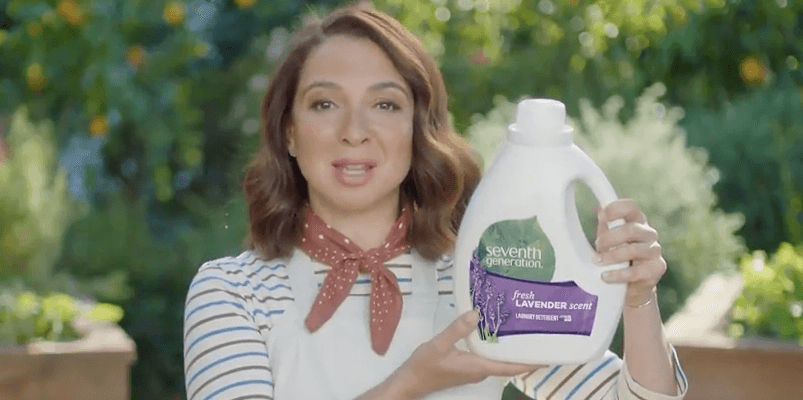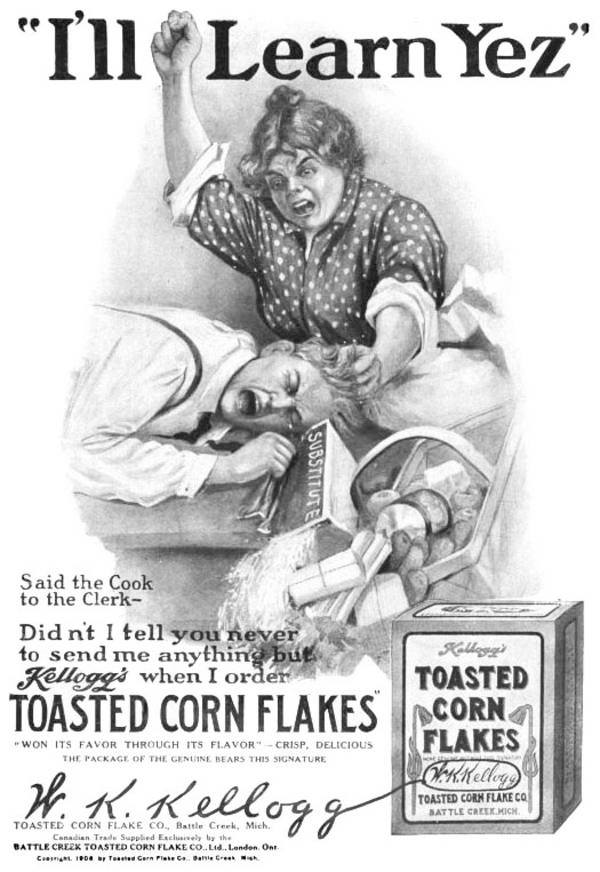 Read
Read
How To Do Remarkable Customer Research
Customer research is so, so essential for all marketers. You need to know where your audience hangs out online, what websites they visit, who influences them, and a whole lot more. But, great customer research is really time-consuming.
One guy who is an expert at customer research is Rand Fishkin. You know Rand, he has written a book (which comes out today, coincidentally), he founded Moz, and just launched a new company called SparkToro. Basically, the dude is a marketing powerhouse. So when he speaks, we listen.
And today, he’s speaking about customer research. Here’s what he has to say…
- (08:14) The three things you need to know about your audience are diversity of source. That means knowing ALL the sources your audience uses for information. Not just, “most of them use Twitter.”
- (08:40) The 2nd thing is audience density around a particular source. So, let’s say a lot of your audience visits BuzzFeed. Great, but so does almost everyone. That means your audience density on BuzzFeed is low. That’s not helpful.
- (09:48) The 3rd thing is finding metrics you can trust. For example, if you’re researching influencers and ranking them based on number of followers, that’s not a trustworthy metric. Anyone can buy followers.
- (15:19) SimilarWeb PRO is a clickstream data company that is putting out really accurate website visitor data right now. And, it’s f-r-e-e.
- (17:13) If you’re doing influencer research, don’t just focus on follower count. Look at the last 50 posts and look at average engagement—likes and shares.
- (18:58) Don’t let your existing understanding of an industry bias the results. Especially if it’s just anecdotal data.
- (21:21) Even Rand was guilty of thinking he knew the SEO industry when he completely ignored a subset of the industry, by accident!
- (24:03) If you’re worried that your existing understanding of an industry is biased. Go back to the data. How do you know what you know about your audience? If it’s “Oh, my CEO told me everything about the audience.” Then your data is likely biased.
Preach, Rand, Preach! Need more? You know what to do…
 Read
Read
Ultimate List of Free or Inexpensive Marketing Tools
It’s time to clean out the ol’ marketing tool shed. As in, eliminate marketing tools you never use and find free alternatives to the ones that are throwing your CFO into a deep depression. To help you, AdEspresso compiled a comprehensive list of the best FREE or at least relatively inexpensive marketing tools to use in 2018.
We put it through the Carnage machine and plucked out some of our favorite Freebies.
Research Tool
- Data Scraper – A free Chrome extension that allows you to download any form of data from a website. For example, a list of Google search results to use in your next display campaign. A few clicks and bam you’ve got a spreadsheet chock full of juicy data!
Design Tool
- The Nik Collection – 8 free photo editing tools designed for beginners. Put an end to bad filters by upping your editing game. You can pull this off without the help of a design team if you learn to leverage simple tools like Nik.
Website Creation Tool
- ColorZilla – Free Chrome extension to identify website colors. Ever come across a super rad color palette on your favorite website? Well, this tool allows you to sample a color from any point in your browser and implement it into your design.
Distribution Tool
- TweetDeck – Manage multiple Twitter accounts fo’ free. You can tweet, monitor, and follow new accounts using the same tool. Its super user-friendly and the user interface makes it easy to view timelines, track hashtags, and keywords.
Analytics Tool
- Amplitude – Perfect for product marketers who want to visualize the customer journey. Track up to 10 million anonymous user actions per month for free. This tool allows you to research specific behaviors to predict new-user retention.
A quick word of advice: Don’t get lost in the sea of available tools. Tools can make your processes more efficient but can never replace a well thought out strategy.
 Watch
Watch
Big Dill
Let’s talk about puns, baby…
‘Cause Seventh Generation’s new campaign, featuring Maya Rudolph, has us s-peach-less from the fruity wordplay. When we told our editor, Mark, we were using this commercial for the Watch, he went bananas, “oh my god. all the puns! Yes! so good. Talk about the puns. all the puns!”
For real though, with high praise for all-natural ingredients, Seventh Generation beats the competition to a pulp. Using a smidgen of edutainment and a dash of influencer marketing, they’ve oranged one heck of a good ad. Here’s why:
- It’s easy to say, “Hey, we’re a USDA Certified Biobased detergent company that sources ingredients from plants.” Sure, that provides the ‘what’, but does it foster a deeper connection? No, no it doesn’t. In a charming approach, Seventh Generation clearly defines the problem (stained clothes) and offers a solution (environmentally sustainable detergent) in an entertaining way.
- Maya adds to the edutainment factor by delivering the message authentically. Could you imagine Willem Dafoe reading the same script? Using the SNL alum will likely help improve ROI by driving sales, boosting engagement, and raising brand awareness.
- Pairing the #ComeClean hashtag invites viewers to take action on social media. Because making connections with an audience is the zest kind of marketing.
Okay, okay, sorry for all the food puns (no we’re not). We’ll still be grapeful if ya punch that button →


